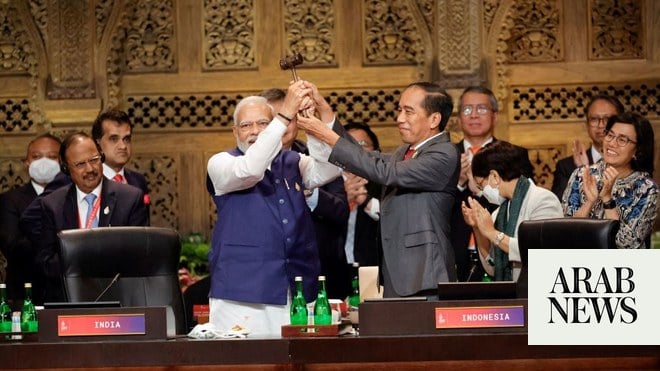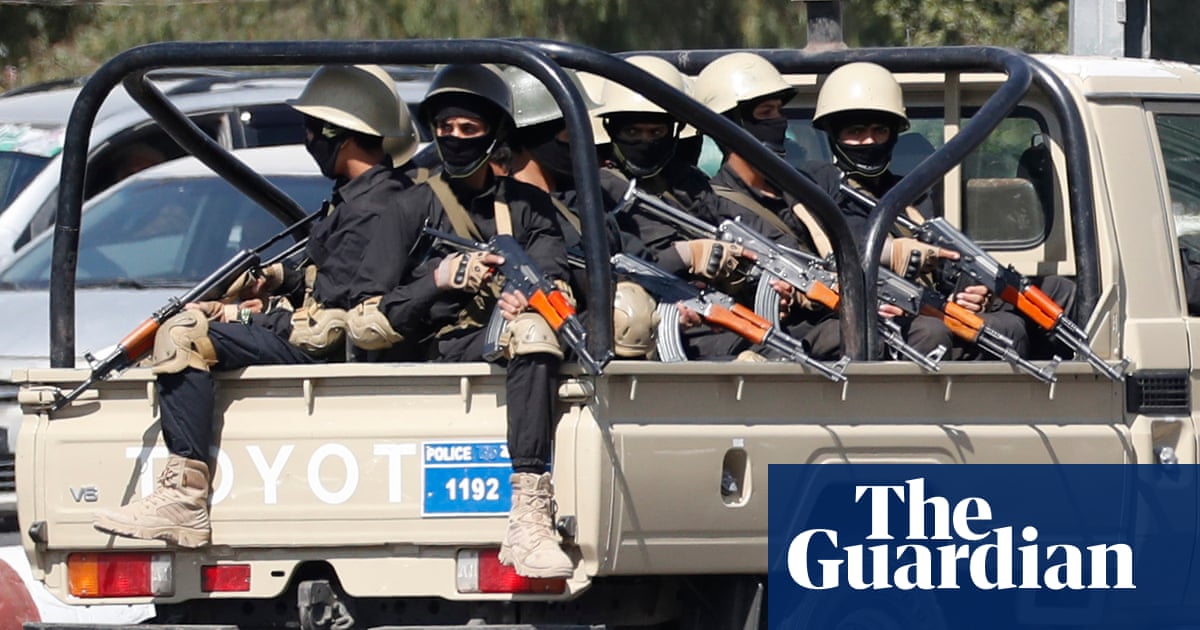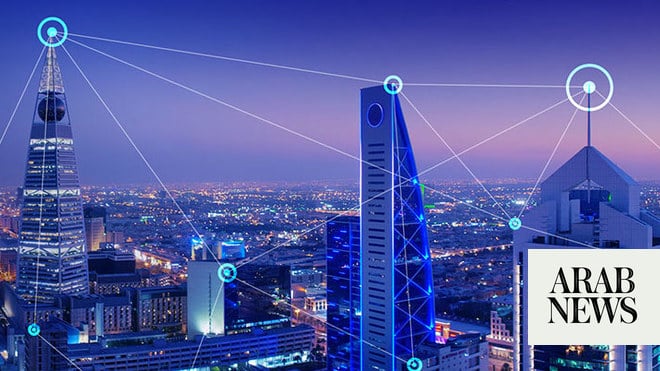
The gas fields discovered in the Eastern Mediterranean have created a new potential course of conflict between the countries of the region, which for years have been experiencing major political tensions, threatening more dangerous dimensions in the future.
The new Eastern Mediterranean Gas Forum (EMGF), which met last week in Egypt, confirmed this. It saw the participation of Jordan, Palestine, Israel, Cyprus, Greece and Italy, the presence of the US energy secretary and his deputy, and representatives of the World Bank and the EU, in addition to the Egyptian representation as host. Turkey was absent as expected in light of the big disagreement between the rulers of Ankara and a number of Arab capitals.
The EMGF aims to establish a regional gas market that serves the interests of members by providing supply and demand, optimizing resource development, rationalizing the cost of infrastructure, offering competitive prices, improving trade relations and enhancing cooperation through the creation of a systematic dialogue, and the formulation of common regional policies on natural gas.
The participants stressed their commitment to elevating the forum to the level of an international organization that fully respects the rights of members and their natural resources in accordance with international law.
In order to allow the participation of the private sector, the founding ministers also agreed to establish the Gas Industry Advisory Committee and highlight the importance of its role in contributing to the activities of the forum.
The ministers also agreed to hold the next ministerial meeting during the second half of January 2020 in Cairo.
I think that Egypt is ready to lead such a forum for a number of reasons. The most important of all is that the idea of establishing the EMGF was first raised during a tripartite Egyptian-Greek-Cypriot summit in 2018, and its establishment was agreed in January this year.
Another reason is that the EMGF was set up specifically to counter Turkey’s illegal claims on the gas of the Mediterranean region, and that Egypt is the country that is leading the fierce war against Ankara’s hopes of extending its influence in the region.
Therefore, it is necessary for the EMGF to be led by a country that is capable of preventing any anticipated Turkish action. Many sources see Turkey’s holding of its biggest naval maneuver for 20 years in the Aegean Sea, the Mediterranean and the Black Sea in March as a kind of response to the EMGF.
Many issues were raised on the sidelines of the EMGF. These included Israel’s participation, the US’ role despite its geographical distance, and Russia’s position as one of the most important gas markets in the world.
As for Israel’s participation, several Israeli reports spoke of Tel Aviv’s purpose of promoting regional cooperation in the Eastern Mediterranean, as well as increasing interactions among all the peoples of the region and continuing to promote the concept of common regional space.
The US participation stems from Washington’s absolute belief in the importance of its presence in the region, especially in the energy files, and also to encourage the competition of the EMGF countries against the Russian gas supplied to Europe in light of the ongoing tensions between Washington and Moscow.
The EMGF was set up specifically to counter Turkey’s illegal claims on the gas of the Mediterranean region.
Dr. Abdellatif El-Menawy
Regarding the Russian position, Moscow announced the day after the forum that one of its tankers had completed a record eastbound transit of the Northern Sea Route, taking just six days, with the reaffirmation that this threatens the Suez Canal. So the conflict in the region is bigger than imagined.
As for the Turkish threats, in recent years Ankara has flouted all international principles and laws. It has adopted a policy of imposing a fait accompli in the Eastern Mediterranean in exploring for natural gas and oil. This policy has been manifested in a number of measures. For example, last year, Turkish military destroyers forced a drillship of the Italian company Eni to leave Cyprus’ exclusive economic waters, claiming that the area where it was operating was under the sovereignty of the so-called Turkish Republic of Cyprus.
The EU is determined to impose sanctions against Turkey to curb, deter and restore it to the right path. According to EU sources, it will impose sanctions on individuals and bodies cooperating with Turkey in the exploration of Greek and Cypriot waters, freeze high-level contacts with Turkey, reduce the flow of funds to the country, suspend negotiations on an aviation deal with Ankara, and invite the European Investment Bank to review sovereign-backed lending in favor of Turkey.
These actions are expected to increase anger in the region, threatening bigger and deeper crises.
The coming period will, no doubt, witness major events unless all parties listen to the voices of reason and logic, and even the law, which must be respected by all. The illegal Turkish steps will be futile and the game of balance being played by America and Russia, who are using the region and its conflicts, will not lead to a final solution.
The challenges facing Egypt are many. There are economic, financial and political gains too, but they will erode unless it is fully awake and aware of the need for meticulously calculated flexibility, and unless the EMGF has the extraordinary ability to adjust the reins and practice what is called strategic latency consciously and with tremendous eagerness in complex circumstances.











